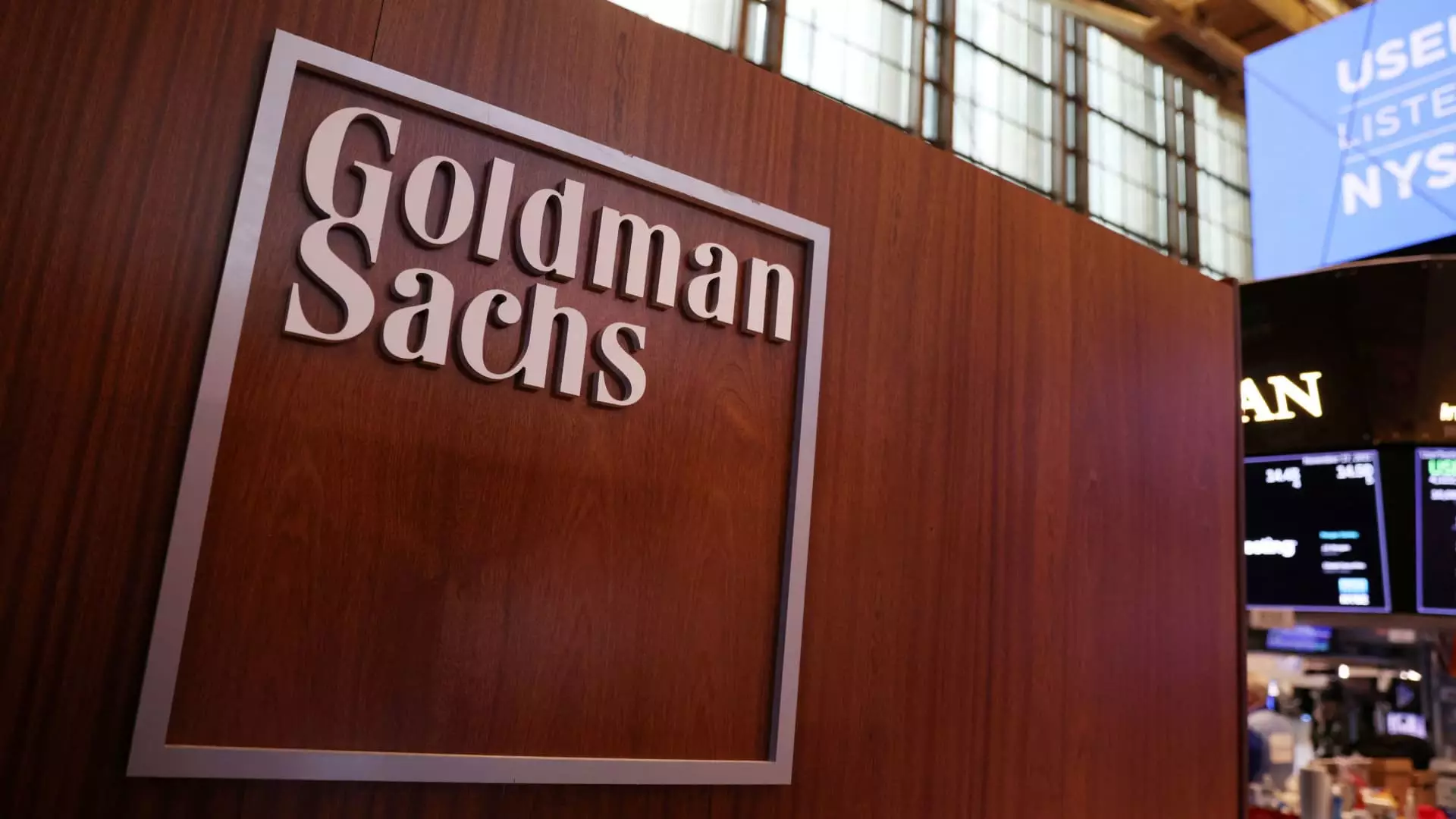The financial industry’s leap into automation has taken a disturbing turn with Goldman Sachs’ introduction of Devin, an AI-driven software engineer. While this technological breakthrough is hailed by some as a revolutionary step forward, it rings alarm bells about the rapid unraveling of the human workforce. The promise of exponentially increased productivity is seductive, but the darker implications of replacing human ingenuity and adaptability with cold, soulless algorithms threaten to devalue the very essence of human labor. Behind the sleek veneer of automation lies a brutal reality: the erosion of meaningful employment and the hollowing out of the skilled professions that technology once augmented.
The idea of deploying hundreds, soon potentially thousands, of Devin-like AI programs within a venerable institution like Goldman Sachs is not merely an evolution but a revolution. This move underscores a troubling shift towards tech dominance in sectors traditionally reliant on human judgment, creativity, and ethical reasoning. The narrative spun by advocates like Goldman’s tech chief Marco Argenti—about augmenting workers and relieving them from mundane tasks—is an oversimplified euphemism for job displacement. The narrative ignores the broader societal consequences: a widening chasm between the technologically privileged and the displaced workers who once formed the backbone of the industry.
Rather than fostering a balanced relationship between humans and AI, this development cultivates a culture where efficiency becomes the sole arbiter of worth. In this context, AI is not just a tool but a domineering force poised to diminish human input, creativity, and oversight in favor of relentless, algorithmic execution. The very idea that a machine can “supervise” workers highlights a disturbing trend—machines not only replace human tasks but assert authority over them, undermining the human dignity intrinsic to skilled labor. This could set a dangerous precedent where companies prioritize speed and cost-cutting over ethical considerations and the value of human contribution.
The Illusion of Enhancement: Who Truly Benefits from AI Domination?
Proponents argue that AI, especially advanced agents like Devin, will dramatically boost efficiency—three or four times the previous rates—claiming this is good for business and, by extension, consumers. But this perspective ignores the fundamental question: at what cost? The emphasis on “boosting productivity” disguises a paradigm where human workers become obsolete or underpaid, with their creative and cognitive capacities sidelined. The promise of a “hybrid workforce” appears to be a diplomatic way of justifying layoffs and a redefinition of skill—shifting from mastery to mere oversight.
There’s an almost Orwellian undertone to the idea that engineers’ primary role will evolve into crafting prompts and supervising AI. It reduces complex problem-solving and innovative thinking—traits that have historically defined human labor—to a series of input commands. Automation is being weaponized to strip away the nuanced decision-making process that makes human developers invaluable, replacing them with entities that lack ethical judgment, emotional intelligence, and adaptability.
From an economic standpoint, the supposed efficiency gains are often exaggerated. While firms like Goldman Sachs promote visions of increased output, they simultaneously feed a narrative that justifies layoffs and downsizing under the guise of progress. Conflating technological progress with job creation has historically led to social instability, and current developments suggest we are barreling toward a future where the workforce’s primary function is to oversee and manage machines—roles that are increasingly becoming redundant. The relentless march of AI may create some new jobs, but the scale of displacement looms large, threatening social fabric and economic stability.
The Ethical Void: Who Gains and Who Loses?
The race for AI dominance does not happen in a vacuum. It is driven by the interests of corporations that seek to maximize profits—with little regard for societal well-being. The inclusion of AI like Devin in Goldman Sachs’ operations is a stark reminder of how corporate interests often outpace ethical considerations. Why hold onto the value of human skills when an AI can do the work cheaper and faster? For shareholders and executives, this is a win, but for workers and communities, it could mean the loss of earning power and purpose.
The concern extends beyond job loss—it’s about the cultural and moral ramifications of automating complex decision-making. When AI systems begin to handle tasks that demand ethical judgment, such as consumer protection or risk management, whose values do they embed? If these systems reflect only the priorities of profit maximization and efficiency, then the societal responsibilities that underpin ethical decision-making are likely to be disregarded or mishandled.
Furthermore, the narrative of technological progress often masks the widening economic disparity. As corporations streamline operations and reduce reliance on human labor, the benefits accrue to the top echelons—investors, executives, and shareholders—while the majority of workers are left with uncertain futures. The creeping digitization of professions risks creating a future in which social mobility stagnates and inequality deepens. Humanity’s collective well-being is sacrificed at the altar of growth and innovation that primarily benefits an elite few.
In this dehumanized landscape, the moral authority to define progress is misplaced. True innovation should uplift society, not tighten the grip of algorithmic control over human lives. So long as societal decision-making remains subordinate to tech-driven economic incentives, we risk forging a future where the human experience is commodified, marginalized, and ultimately eroded in favor of cold, calculated efficiency.

